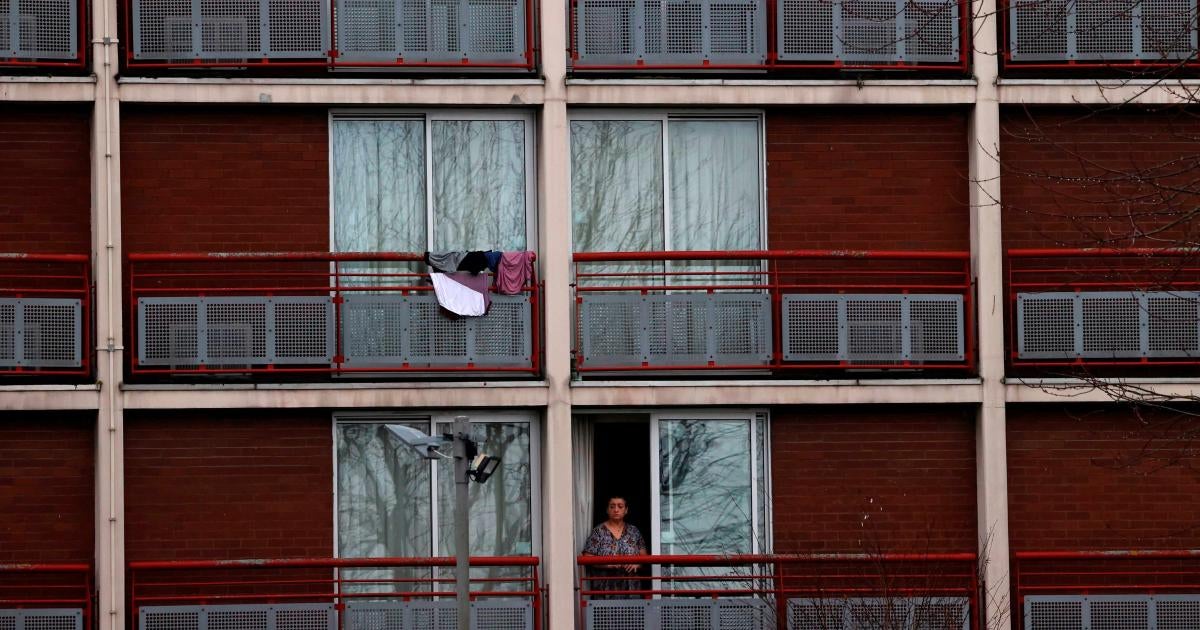More than 50 asylum seekers, most of whom have disabilities, are being warehoused in a former care home in Essex, England, without access to adequate support and services.
The UK government opened the site, which can accommodate up to 77 people, in November 2022. Most people housed there, ranging from ages 20 to 74, have physical and sensory disabilities. Many require assistive devices, including wheelchairs and crutches, medical assistance, or support with daily activities, like moving around or going outside. They have fled places such as Afghanistan and Sudan.
Refugee, Asylum seeker & Migrant Action (RAMA), a local organization working with refugees and asylum seekers, has been supporting the residents, including by providing assistive devices and clothing.
“The only difference with other asylum seeker temporary accommodation is that this site has level access and accessible showers,” said Maria Wilby, RAMA’s operational lead. “When it was opened, there were no hoists, no mattresses for bedsores, nothing. Some people who arrive here don’t even have a change of clothes or underwear. We have to organize everything.”
The UN Convention on the Rights of Persons with Disabilities, which the UK ratified in 2009, requires governments to ensure equal access to basic services such as medical care, mental health services, and psychosocial support. This includes support for people with disabilities in situations of risk and humanitarian emergencies. Failure to do so is a form of discrimination.
Yet, asylum seekers with disabilities in the UK are overlooked in receiving basic services. In recent months, there have been reports of asylum seekers with disabilities trapped in inaccessible temporary accommodation, sometimes unable to reach the bathroom or go outside for days. This is part of a broader trend of the UK government turning its back on refugees and housing people in inadequate and inhumane settings.
“People with disabilities should be consulted and included throughout the refugee process, from seeking asylum to resettlement and integration, in line with the disability movement’s motto, ‘Nothing without us,’” said Benafsha Yaqoobi, an Afghan disability rights advocate.
UK authorities should identify asylum seekers with disabilities and ensure they are consulted and included in decision-making around their needs, and that they receive the support and services they are entitled to, in line with the UK’s international obligations. People with disabilities should no longer be an afterthought.



